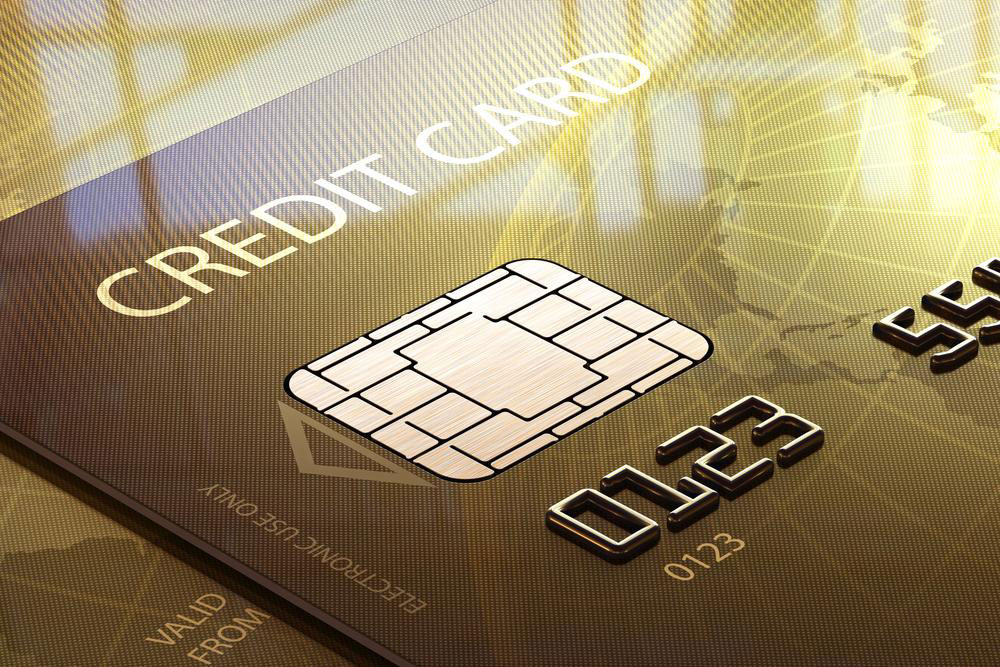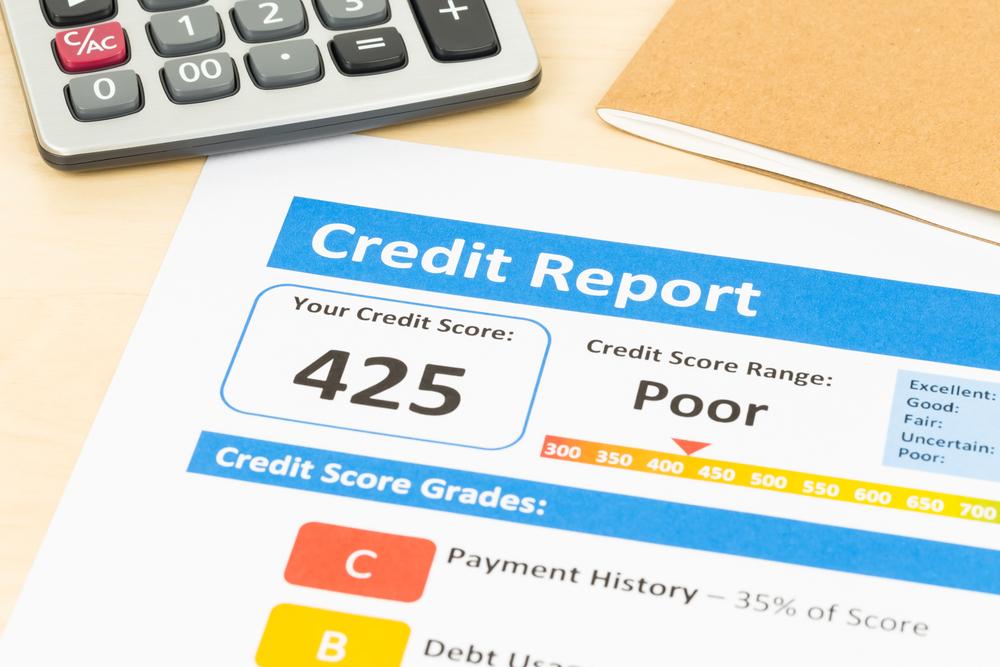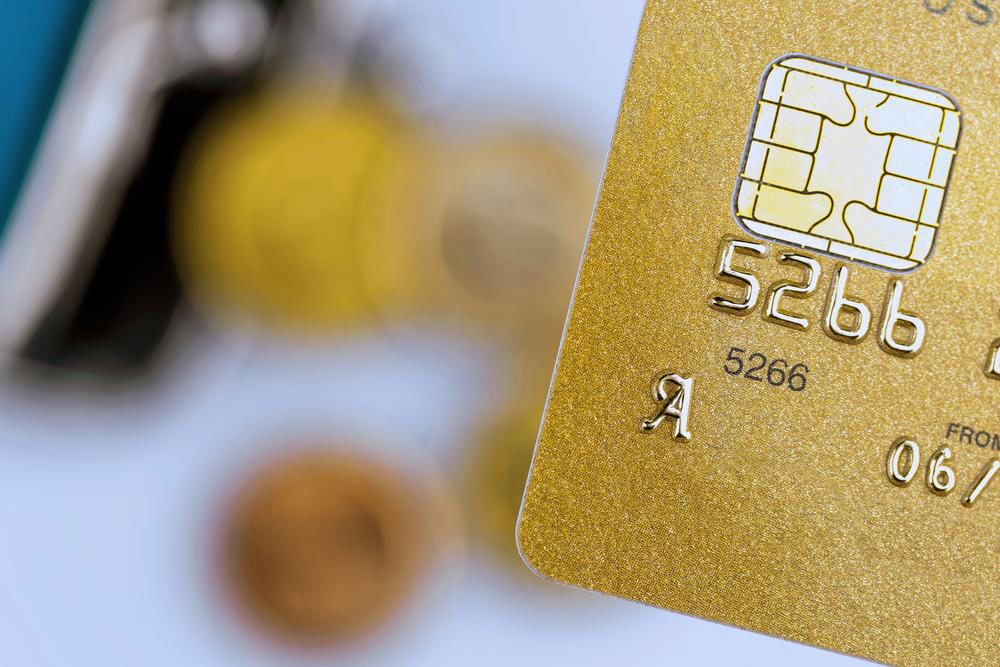Comprehensive Guide: 4 Effective Ways to Check Your Credit Score
This comprehensive guide explores four practical and effective methods to check your credit score. From nonprofit credit counseling to direct purchases from bureaus, learn how to access accurate credit information conveniently. Keeping track of your credit health is essential for improving financial stability and securing favorable loan terms. Discover the most reliable ways to stay updated on your credit profile and ensure your financial future remains on solid ground.

Comprehensive Guide: 4 Effective Ways to Check Your Credit Score
Understanding your credit score is a crucial aspect of managing your financial health. Many individuals are unaware that multiple credit scores exist, each generated based on data collected by various credit reporting agencies. Your credit score is a numerical representation that reflects your creditworthiness, influencing your ability to secure loans, credit cards, and favorable interest rates. It is derived from the information in your credit reports, which encompass your borrowing and repayment history, credit utilization, length of credit history, types of credit accounts, and recent inquiries.
Have you ever wondered how to access your credit score? The process has become more straightforward and accessible in recent years. Traditionally, obtaining your credit score involved paying fees or requesting reports, but today, several channels enable you to check your score free of charge. It's essential to understand that the scores provided by different credit bureaus may vary slightly due to differences in the data they hold. Moreover, some services provide educational or estimated scores that can help you gauge your credit health without incurring costs.
Below are the most effective and reliable methods to access your credit score, whether you prefer free options or are willing to pay for detailed reports:
Seek Assistance from Certified Nonprofit Credit Counselors
One of the most trusted ways to access your credit report and score is through nonprofit credit counseling agencies. These organizations, often HUD-approved, offer free or low-cost services to help consumers understand their credit status. They can review your current credit report, provide an accurate credit score, and offer personalized advice on how to improve your credit profile. These counselors are especially beneficial for individuals facing financial difficulties or seeking to establish credit for the first time. They can guide you on managing debts, budgeting, and avoiding common pitfalls that harm your credit health.
Check Your Statements from Lenders and Credit Card Issuers
Many banks and lending institutions now include your credit score in your monthly statements, either physically mailed or available through online banking portals. By simply reviewing your credit card or loan statements, you can easily access your credit score without any extra trouble. Logging into your online banking account often provides quick and secure access to your credit profile. Several lenders also offer tools and resources to monitor your credit health continuously, which can be invaluable for maintaining or improving your credit standing over time.
Visit Official Credit Bureau Websites and Platforms Offering Free Credit Scores
In recent years, numerous online platforms have begun offering free credit scores to attract users. Some of the most reputable credit bureaus, such as Equifax, Experian, and TransUnion, provide limited free access to your credit report and score, either once a year or through promotional offers. Additionally, dedicated financial service websites and apps—like Credit Karma or Mint—partner with credit bureaus to provide users with free, regularly updated credit scores and reports. While most of these services are free, it’s essential to be cautious. Some platforms may ask for your personal data or require subscriptions or trial periods, which might incur charges if not canceled promptly.
Purchase Your Credit Score Directly from Credit Bureaus
If you want the most accurate and comprehensive information, you can buy your credit score directly from one of the major credit bureaus. This approach provides detailed insights, often including a breakdown of the factors influencing your score, such as payment history, debt levels, and recent activity. Some credit bureaus also offer educational scores that mimic the scores used by lenders, which can be helpful for understanding your credit health better. Although there is a cost associated with purchasing your credit score, this method assures you get official data directly from the source, which can be particularly useful when applying for significant credit products or loans.
Understanding your credit score is vital for making informed financial decisions. Regularly checking your score through these methods can help you identify errors, monitor your progress, and develop strategies to improve your creditworthiness. Whether you opt for free services, official reports, or professional counseling, being proactive about your credit health always pays off in the long run.





